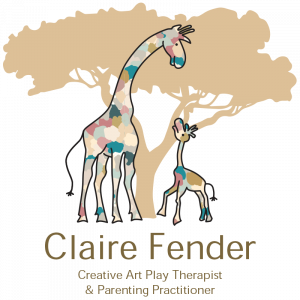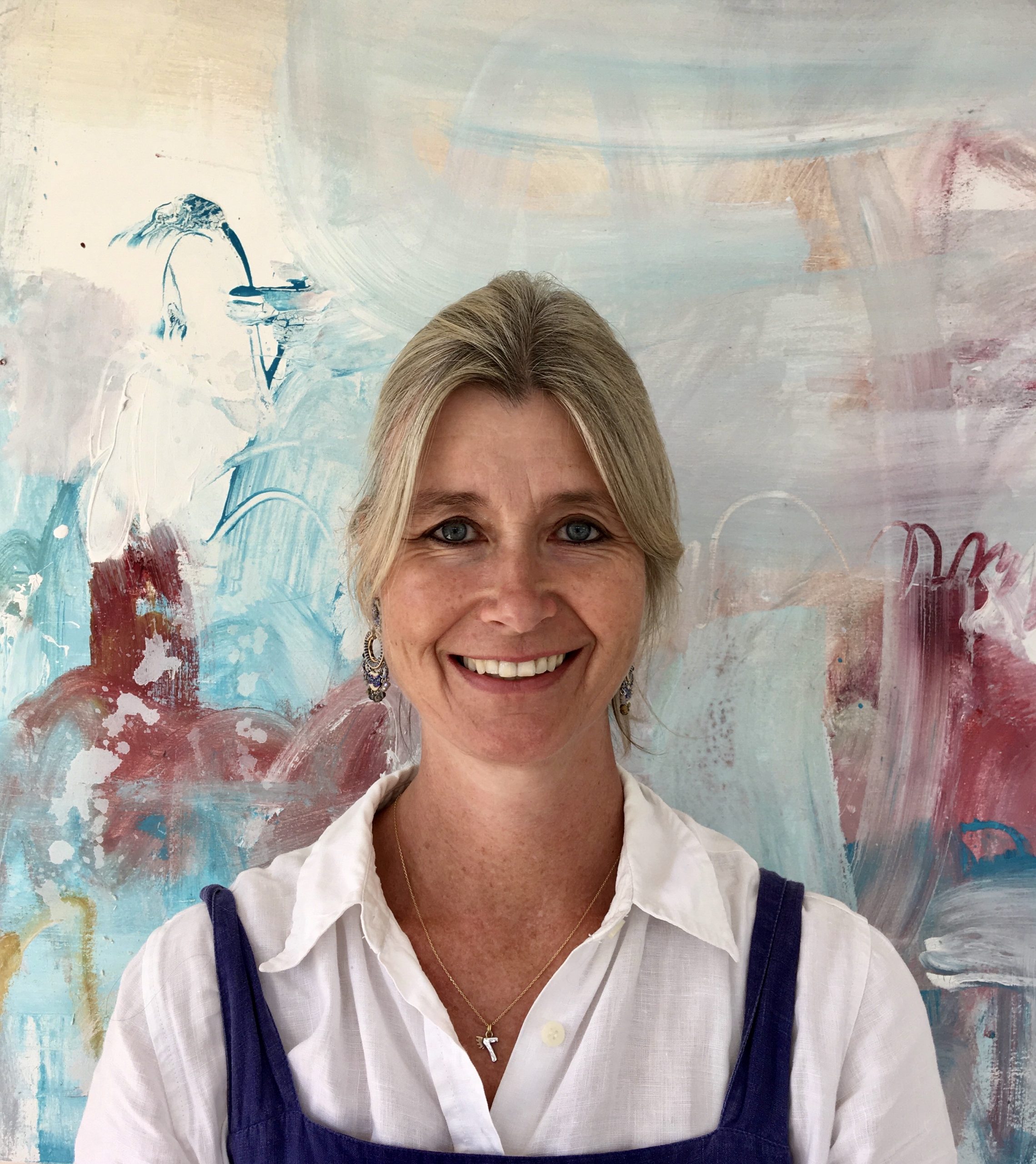

Key Roles
Play Therapy
An Integrative Holistic model of Play Therapy, validated by the PTUK clinical evidence base, integrates the therapeutic use of a wide range of creative arts media – The Play Therapy Toolkit; working with unconscious as well as conscious processes; using non-directive and directive approaches and integrating research with practice.
Parenting Practitioner
Specialist knowledge, core clinical skills and theoretical knowledge with specialism in parenting training interventions for conduct disorders (3-11-year olds) – Incredible Years, Triple P, Timid Tiger, Attachment Focus Parenting.


About Claire
Claire is a highly skilled Health Visitor, IAPT trained Parenting Practitioner and Play Therapist and Family Partnership Clinical Supervisor with over 35 years’ experience working in the NHS. Claire believes passionately in improving mental health outcomes for children.
Claire began her career as a registered nurse and went on to specialise in Paediatric Nursing and Health Visiting. She has post-graduate qualifications as an IAPT Parenting Practitioner and Play Therapist. Claire works with children with a wide range of issues including anger, anxiety, attachment, bereavement, conduct issues, self-esteem and trauma. Her warm empathetic approach facilitates trusting relationships, enabling children to process difficult issues, develop mastery and self-esteem. She works therapeutically with children either individually or in groups.
Qualifications and Professional Development
- Post Graduate Diploma in Therapeutic Play Skills – 2020
- Post Graduate Certificate in Therapeutic Play Skills – 2019
- Postgraduate Diploma in IAPT Parenting Practitioner – 2015
- Nurse Prescribing – 2013
- Family Partnership Training and Clinical Supervisor – 2012
- Family Planning Certificate – 1993
- Diploma Health Visitor – 1990
- Registered Sick Children’s Nurse – 1988
- Registered General Nurse – 1985
- Registered Sand story Therapist – 2020
- APAC Qualified

What is Play Therapy ?
Play is a child’s natural way of communicating. Through play children learn to regulate emotions, reduce anxiety, explore feelings and promote problem solving and self-esteem. Play provides a child with a means through which they can develop, grow and learn about themselves and the relationships in their lives.
Play therapy is play with a therapeutic objective such as helping children undergoing change (for example class transition, a new sibling or family separation) to make better choices, improve self-esteem and increase confidence. The therapist takes a non-directive role giving the child an opportunity to ‘play out’ feelings and problems in a safe environment to work through issues at their own speed without judgement, interpretation and in control.
Conditions that Therapeutic play can help to alleviate:
- A child who is not realising full potential academically or socially?
- Has nightmares or disturbed sleep?
- Is at risk of being excluded from school?
- Has suffered trauma?
- Has suffered emotional, physical or sexual abuse?
- Is adopted or fostered or in the process of being?
- Suffers because of anxiety, stress or phobias?
- Has suffered a loss of bereavement of any kind?
- Is withdrawn or continually unhappy?
- Finds it difficult to make friends.
- Quarrels frequently with peers or siblings?
- Bullies others or is bullied themselves?
- Displays inappropriate behaviour.
- Doesn’t play?

